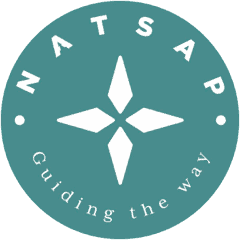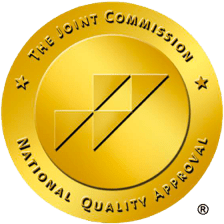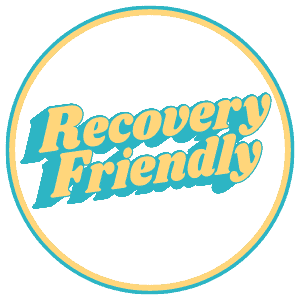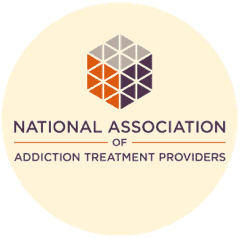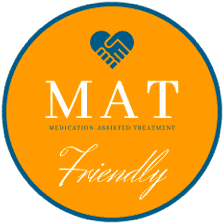The calendar promised it was the first day of Spring. But looking outside my window and walking around town recently, you couldn’t prove it by me. Our mountains are still covered with scruffy, bare-limbed trees giving them the appearance of a 5-o’clock shadow minus the shadow as we’ve had little sunshine to cast them on these cold and rainy days.
Spring, really?! I look around and see no signs of life, even though I know things have been happening all winter long just below the surface. Patience, Susan.
And then it struck me. This is just like early recovery!
When residents first come to Next Step Recovery’s transitional living community, they aren’t all that different from these scruffy mountains—rough edges exposed, bare-limbed, raw, worn down. Addiction is hard on a body and soul. It tends to strip things away.
But early recovery, like early Spring, can be a time of profound change, with the right supports in place. It’s a time to send our energy and attention inward and downward while we focus on healing the roots of our addiction and developing new taproots that will support lifelong growth.
Renewal in Early Recovery
At 12-step meetings around the world,we are reminded that recovery is an inside job. But those of us looking in from the outside don’t get those frequent reminders and may be wondering what the hell is going on because it doesn’t look like anything is happening.
In other words, when is Spring ever going to get here? Which may sound a little more like,
“When are you going to get your life together?!”
In moments like these, it can be helpful to remind ourselves of all the things that may be happening just below the surface in early recovery.
Here are just a few:
Rebuilding inner resources
I’ve said it before, but it bears repeating. Addiction is hard on a body and soul. Substance abuse changes our brain and robs all of our organs and systems of much-needed nutrients, energy, exercise and sleep. A good early recovery program helps individuals rebuild all of these inner resources that are vital for living a successful and healthy life.
Learning new beliefs and attitudes
Whether we’ve experienced childhood trauma or only the massive trauma resulting from active addiction, many of us in early recovery have come to believe we are incapable, broken, unworthy, and powerless over our circumstances. Recovery requires we change every one of these limiting beliefs, many of which we have acquired over a lifetime. As you might imagine, this takes some time.
Developing new coping mechanisms
Our problems don’t suddenly disappear when we stop using. In fact, they appear larger than life now that we are sober enough to see them. And now we no longer have access to our primary coping strategy, which intensifies our stress and pain. We have to learn new healthier ways of coping, often for the first time in our lives. This also takes time and a lot of practice.
Taking some leaps of faith
Of the many things we lose during active addiction, the most devastating are our loss of trust in others and our hope for a better future. Ironically these are the two things that we need most in order to recover. Regaining them is one of the first tasks in early recovery and why we insist our residents participate in daily 12-step meetings. We learn to trust and befriend those who are committed to recovery and living with integrity, and hope naturally grows in these relationships.
Building new outer resources
These are the first visible signs of growth in early recovery. Abstinence is not enough. That’s like a bare tree with no leaves. Real recovery is about building a strong life. With the right water and fertilizer, new growth is possible. Safe housing, sober friends, stable work or education, and working a daily recovery program ensure this growth is not only possible, but inevitable.
Just like spring.
Know someone who might benefit from this post? Please like and share this post with them. Or, if you have questions or comments, please leave them below! We’re always looking for ways to keep the conversation about recovery going. Education is one the most powerful tools we have combat addiction.



